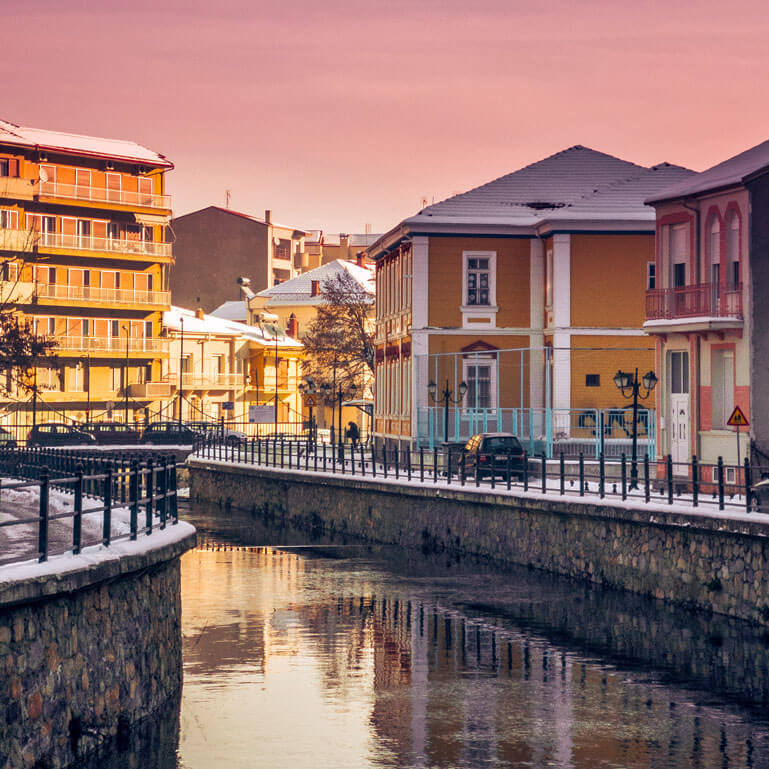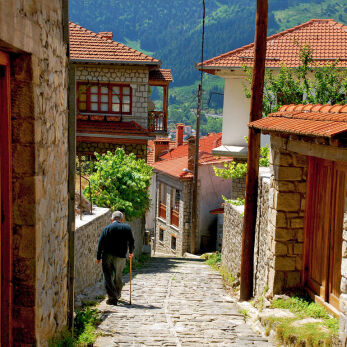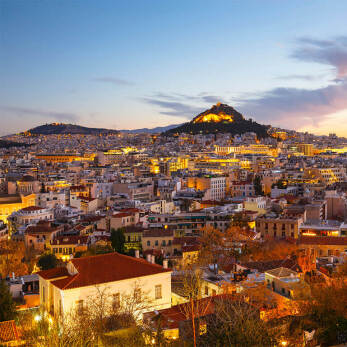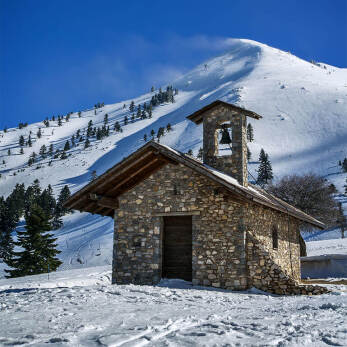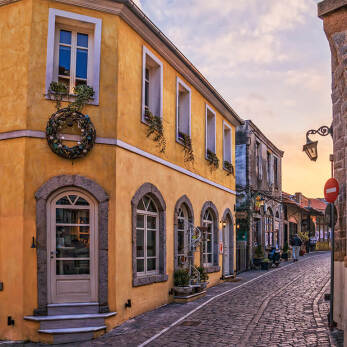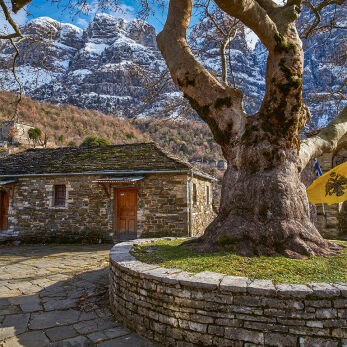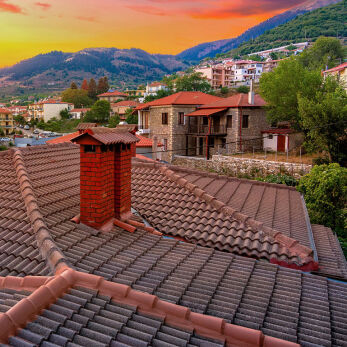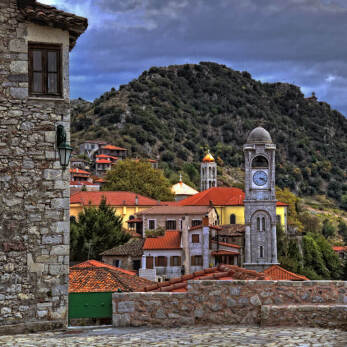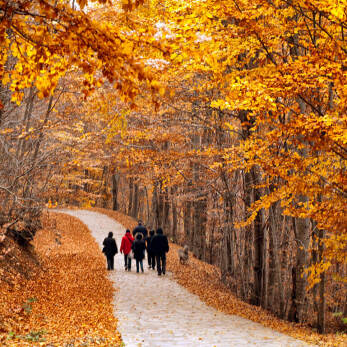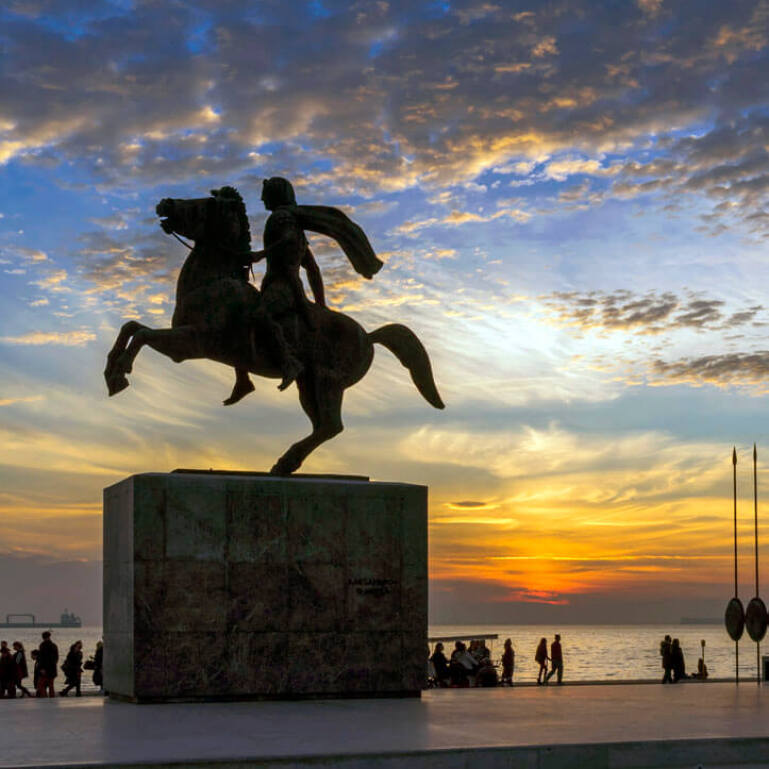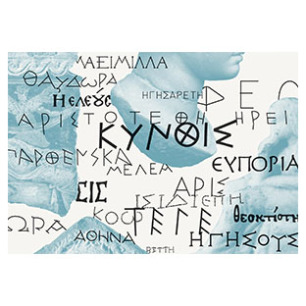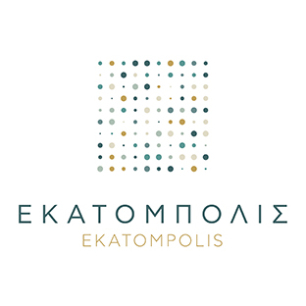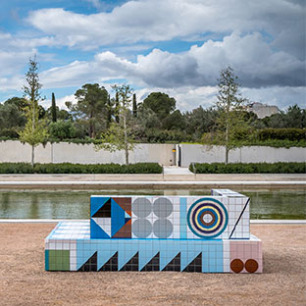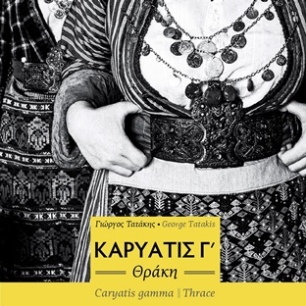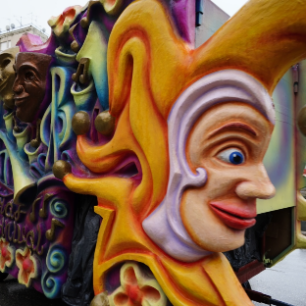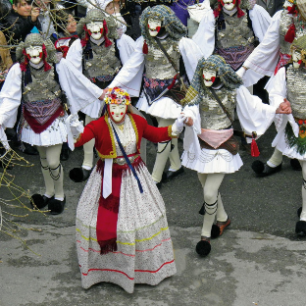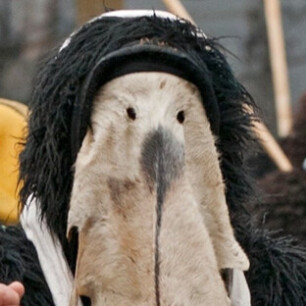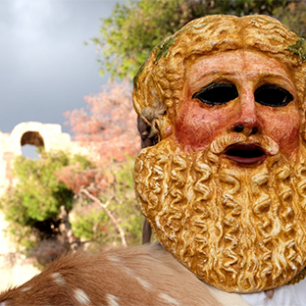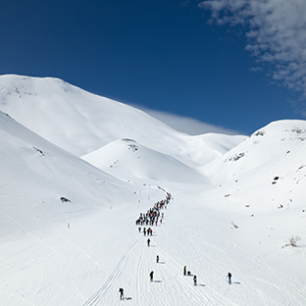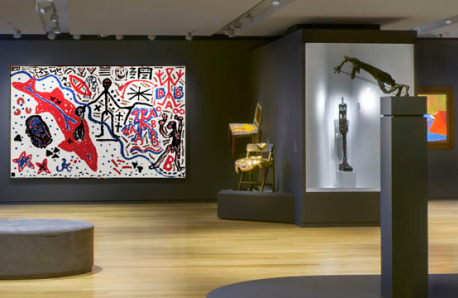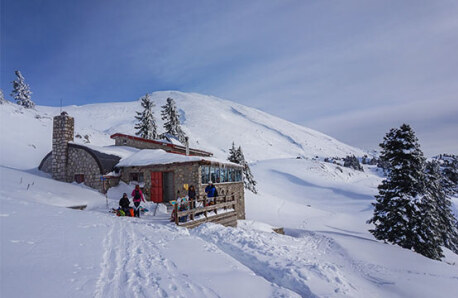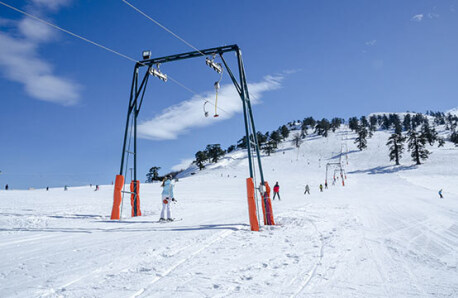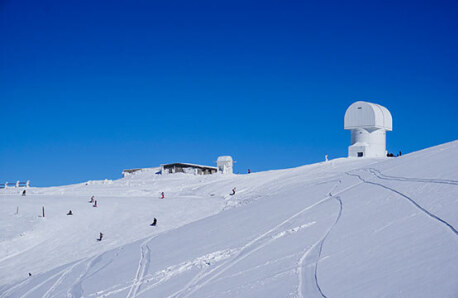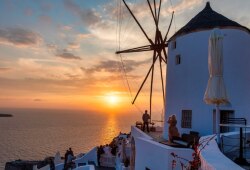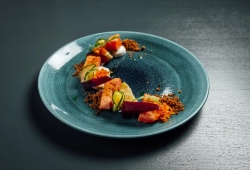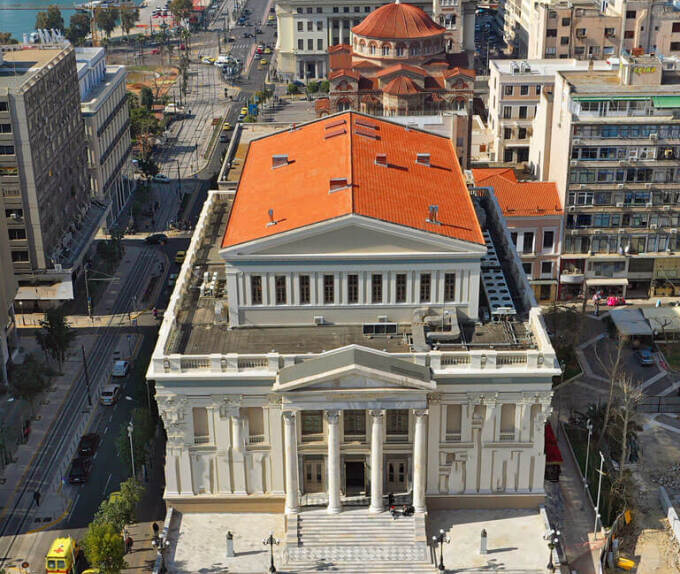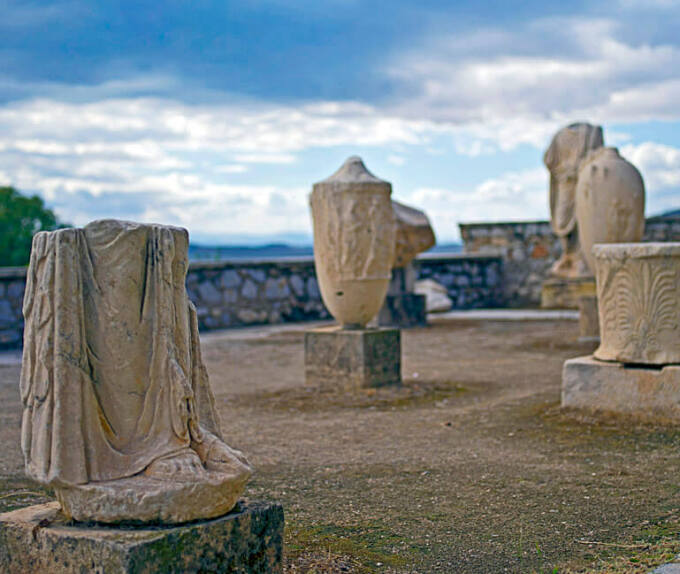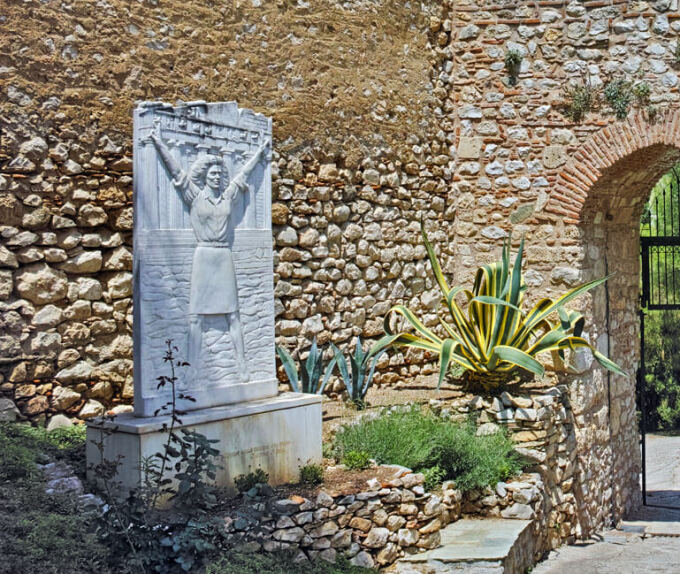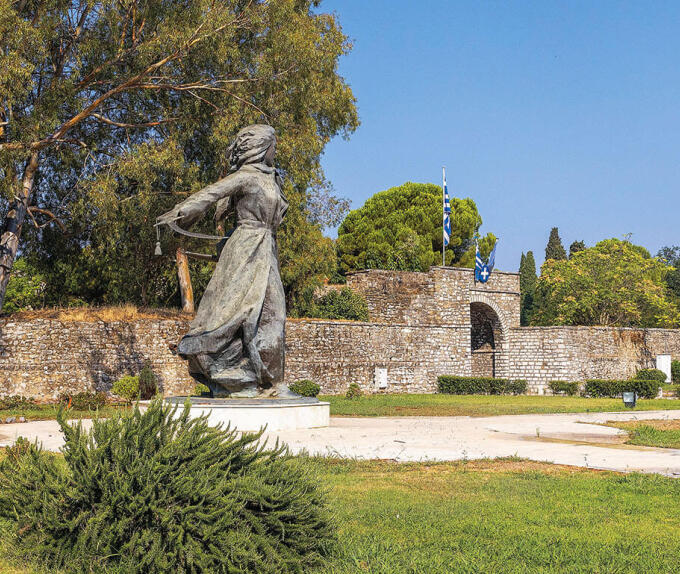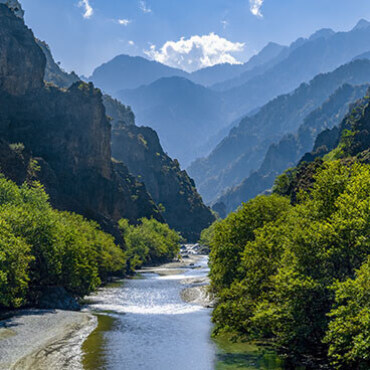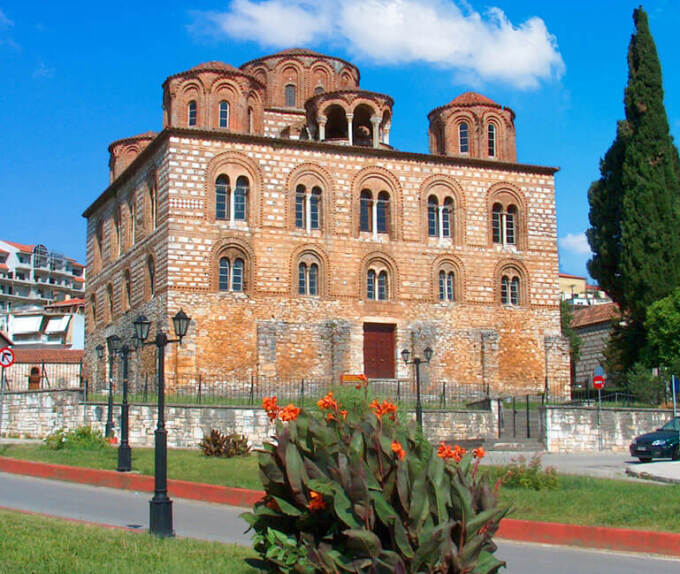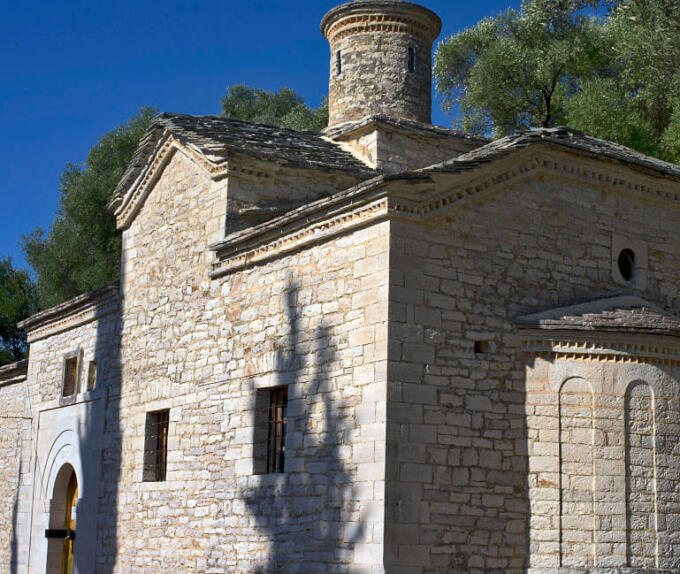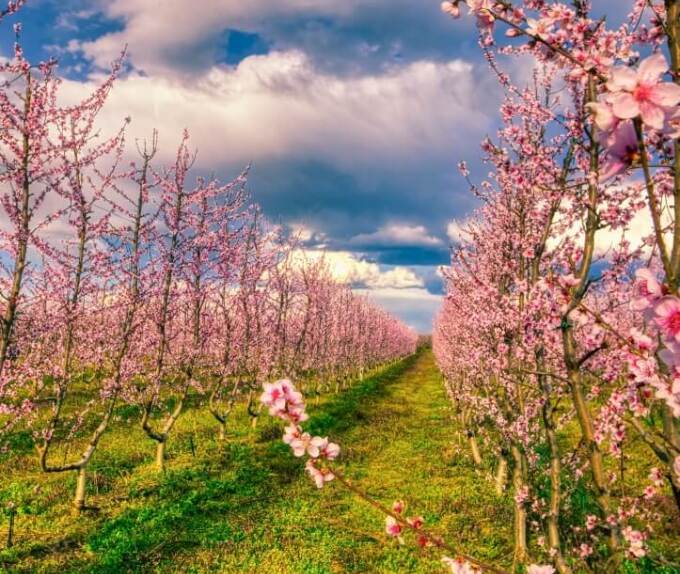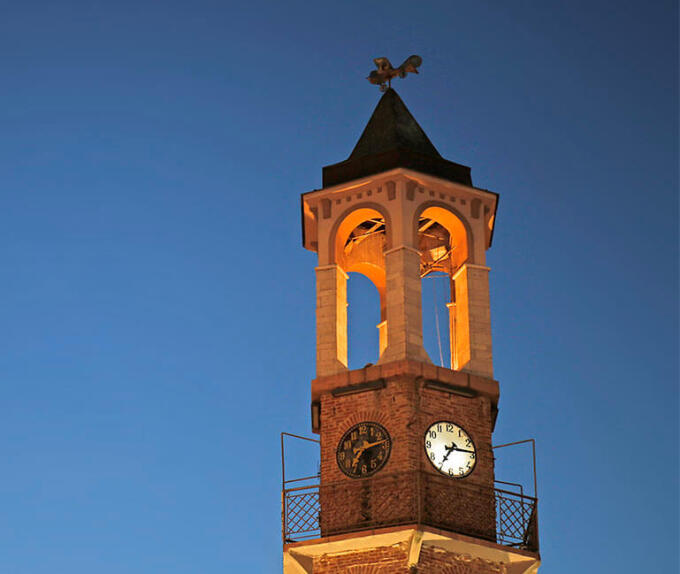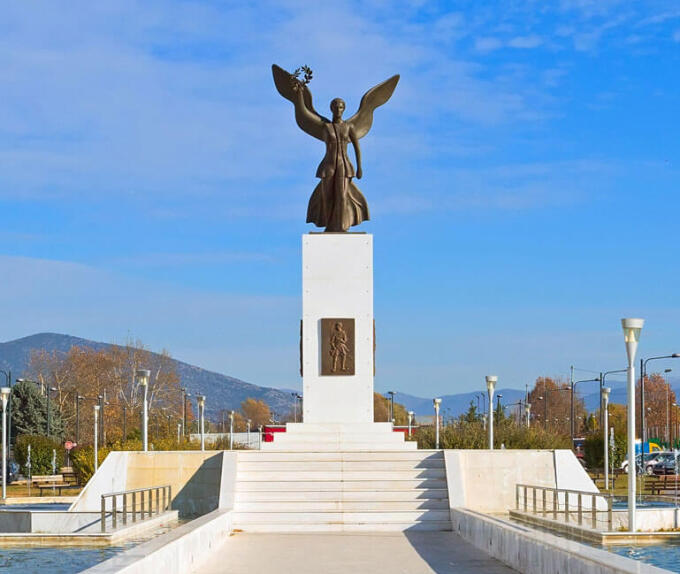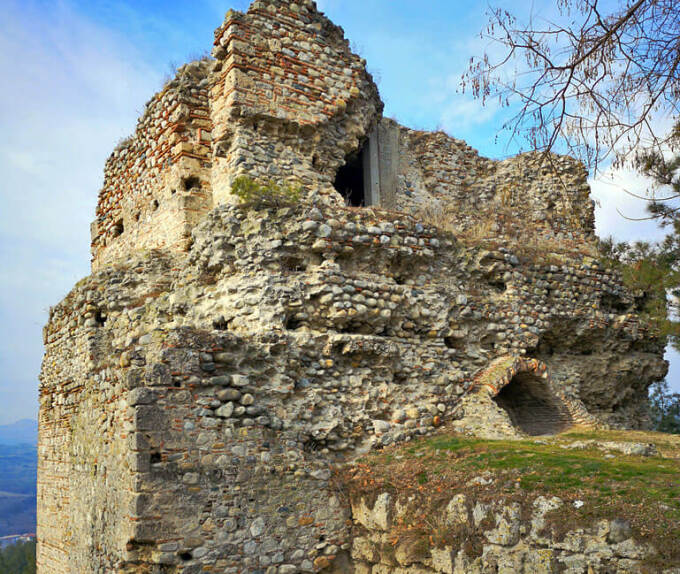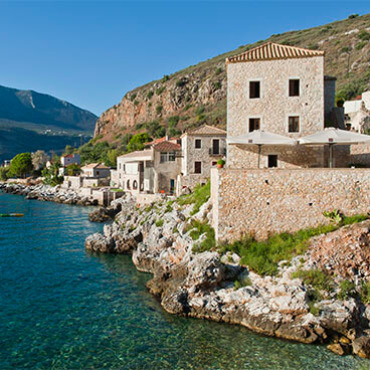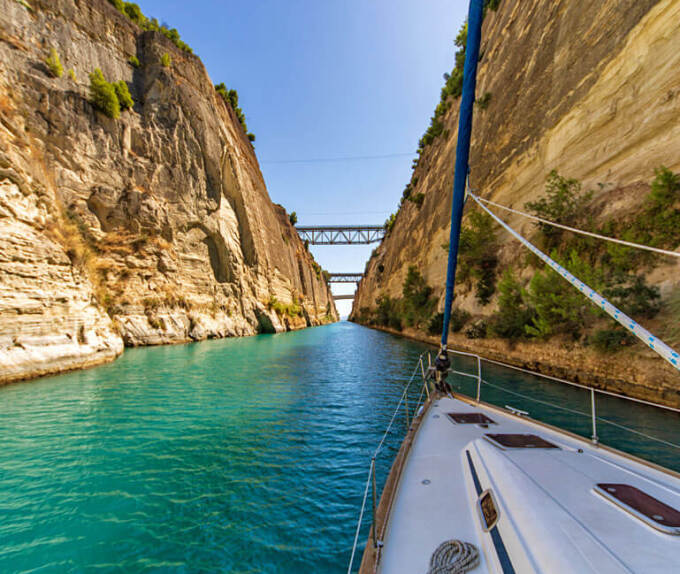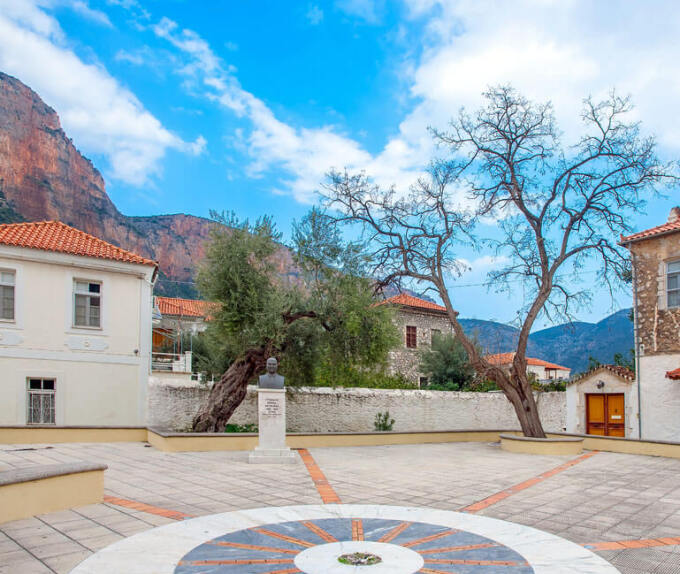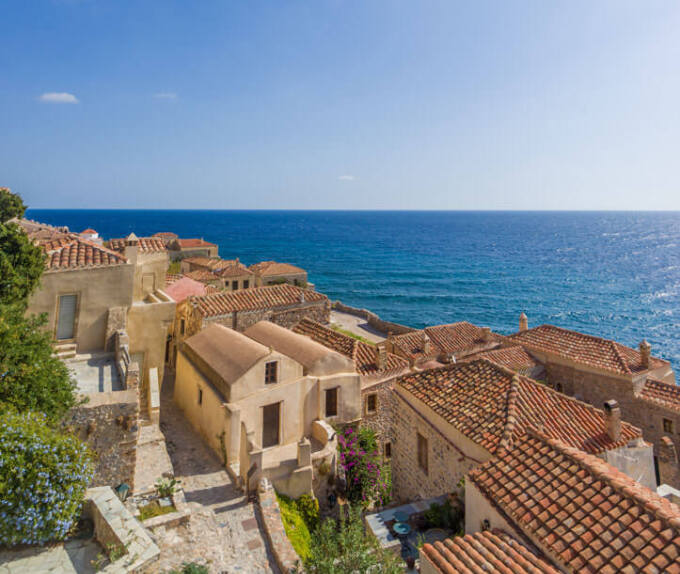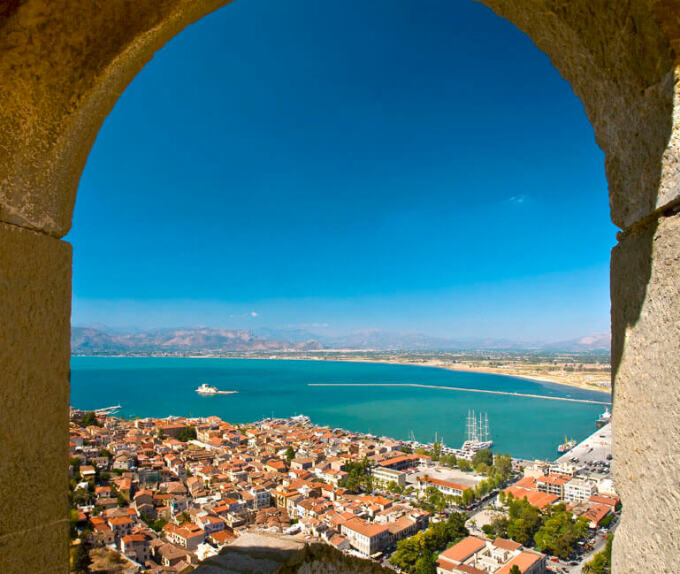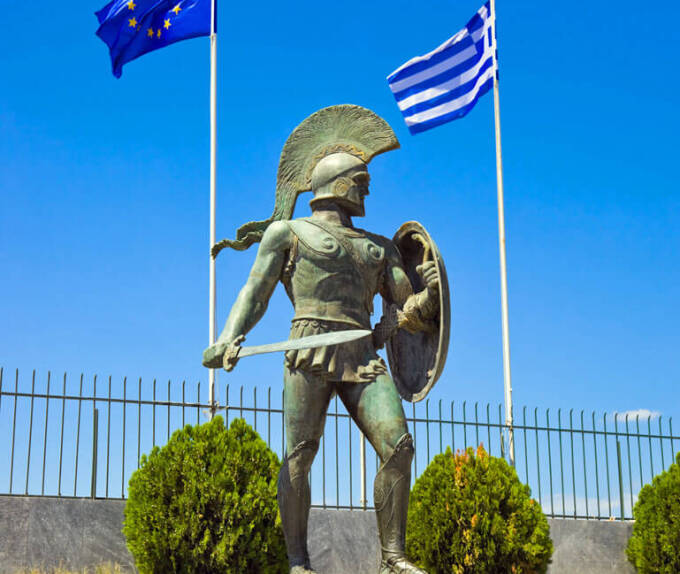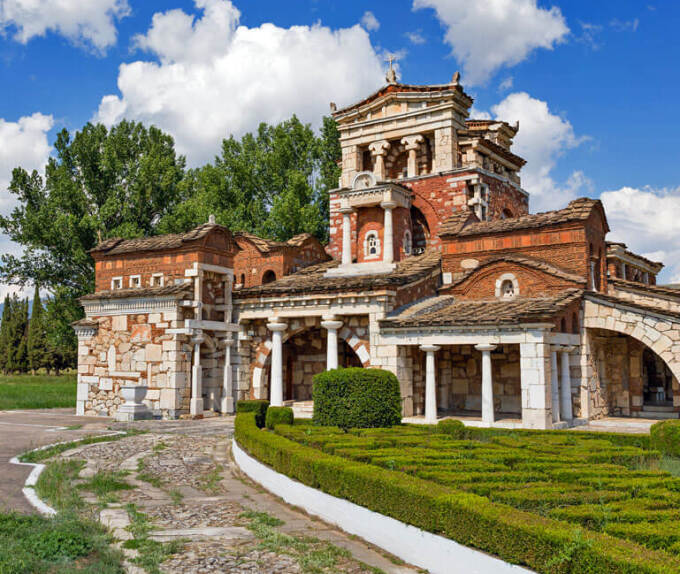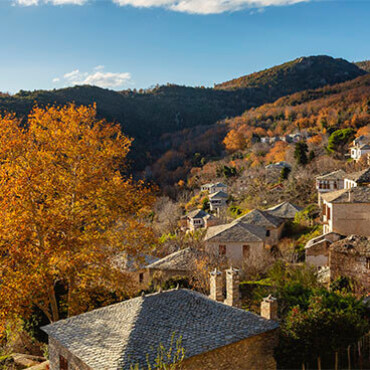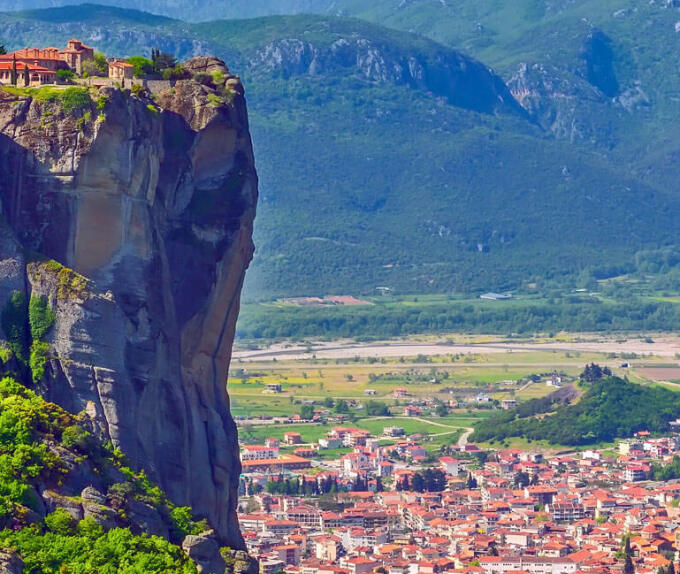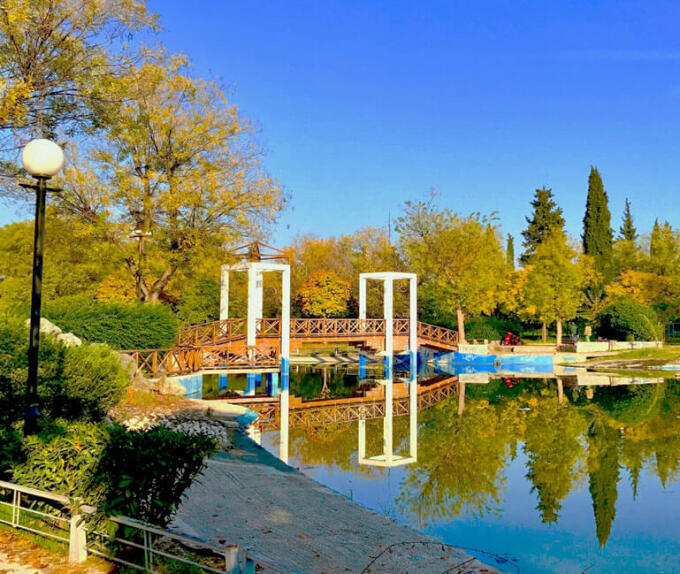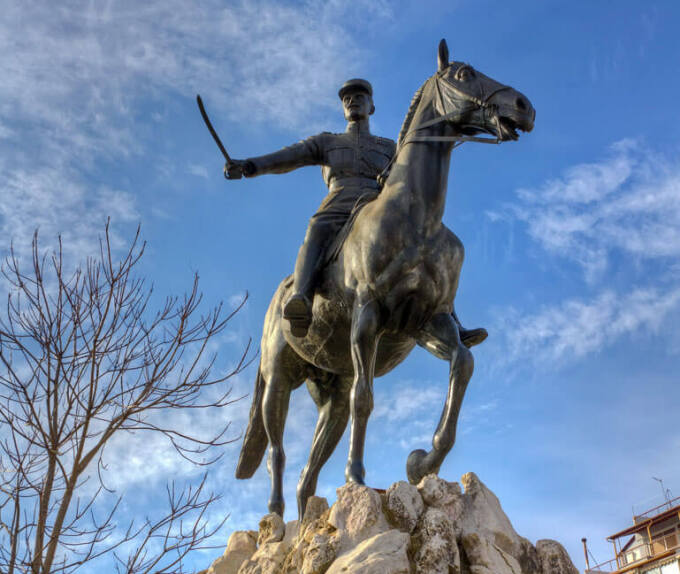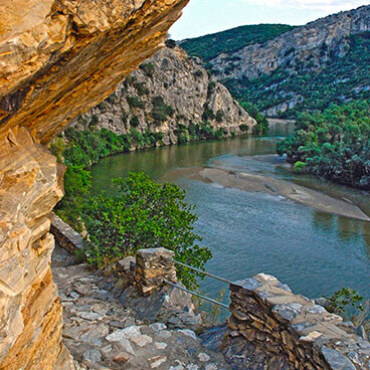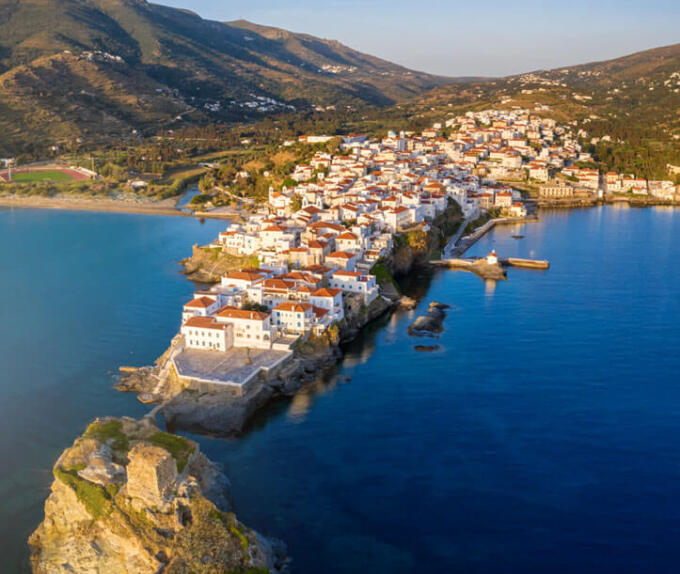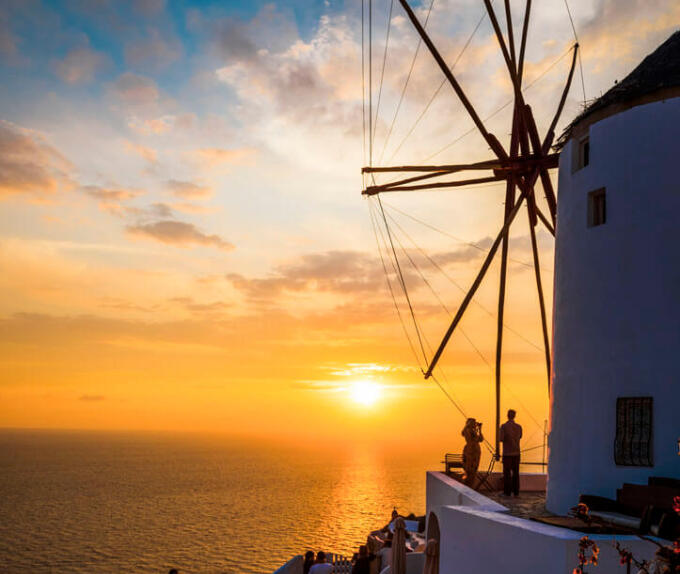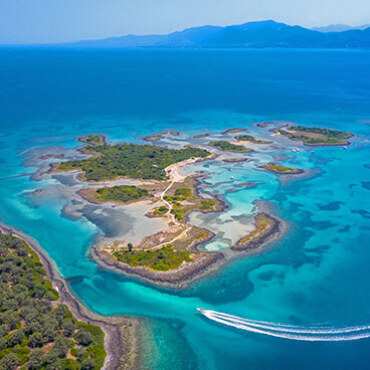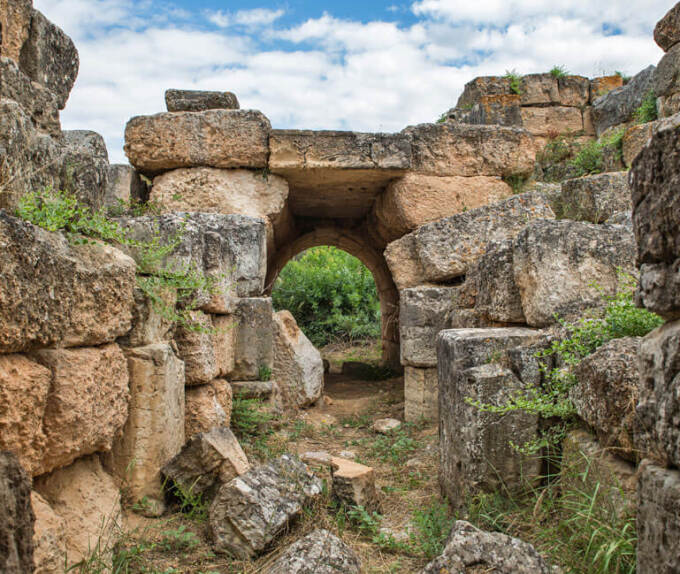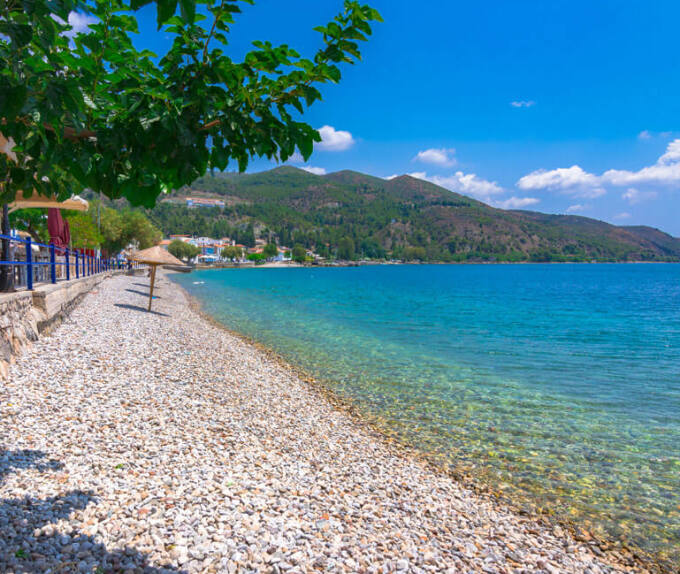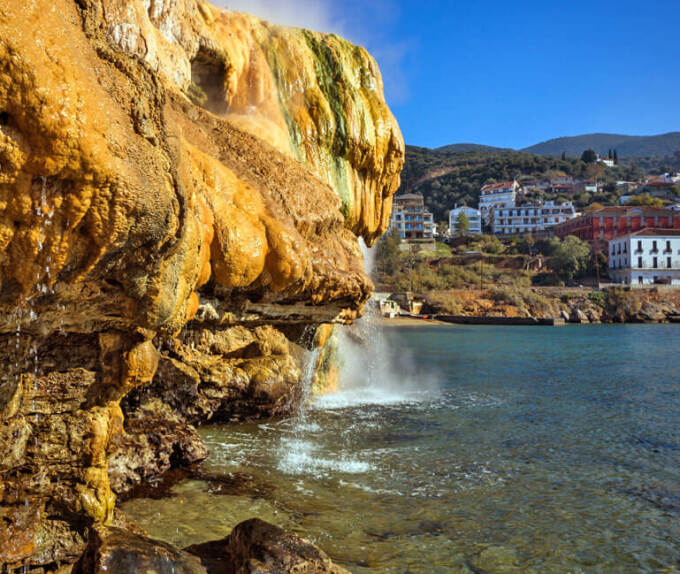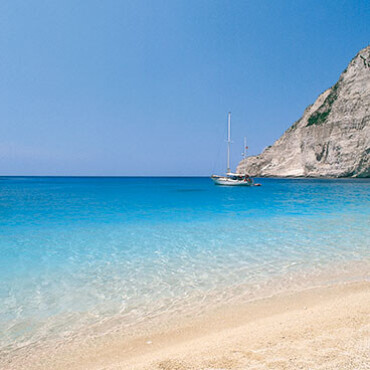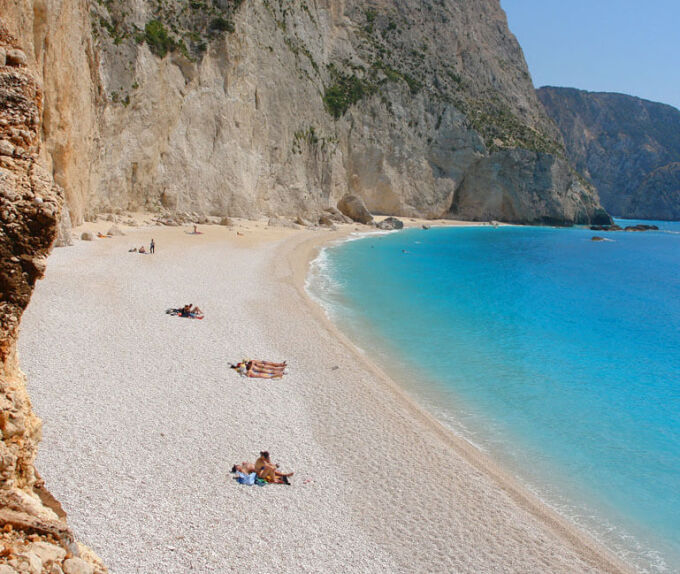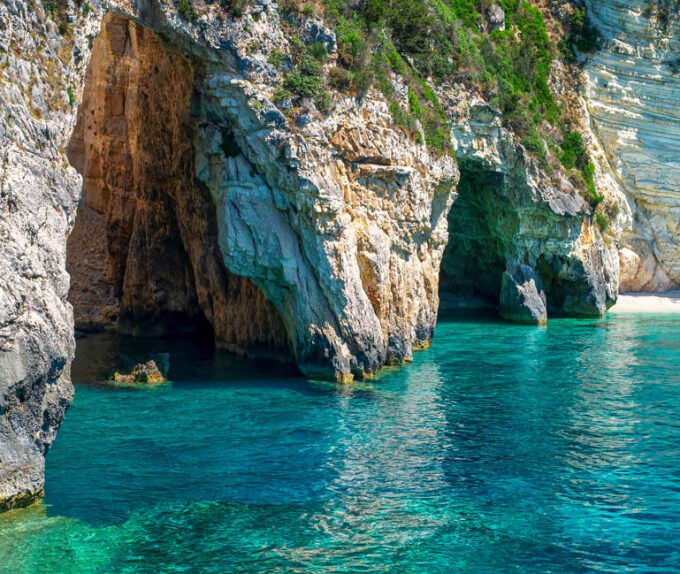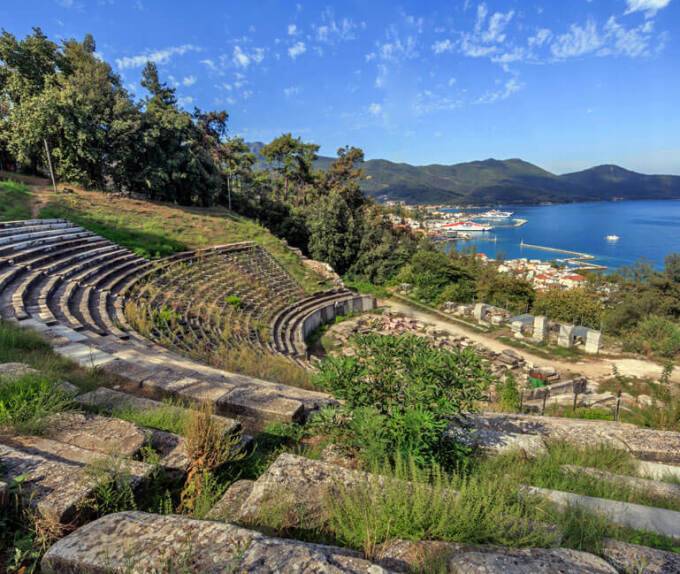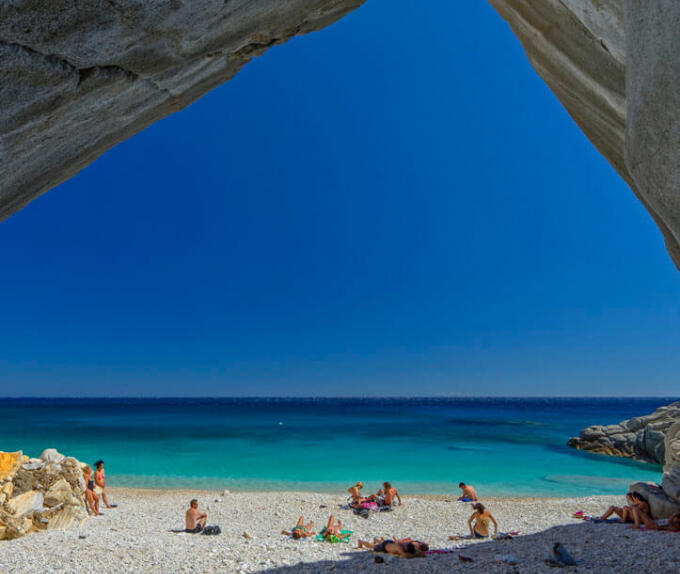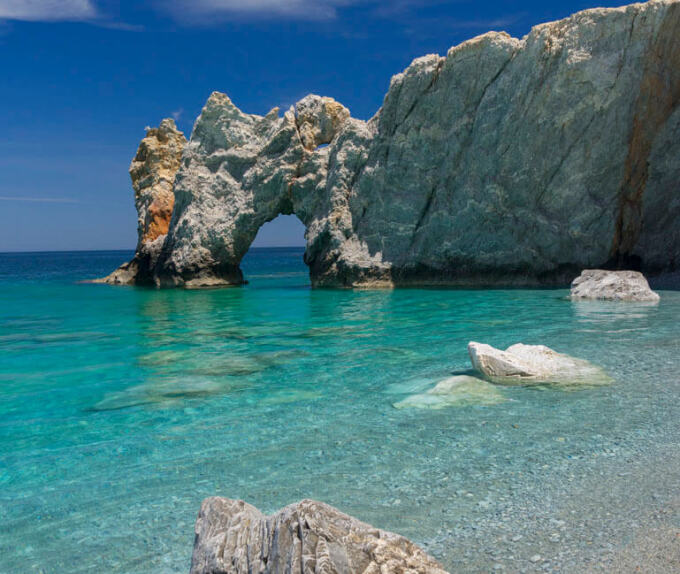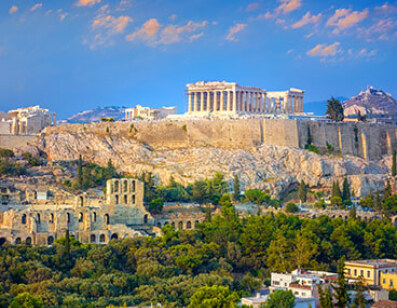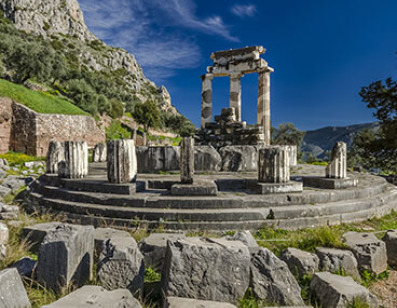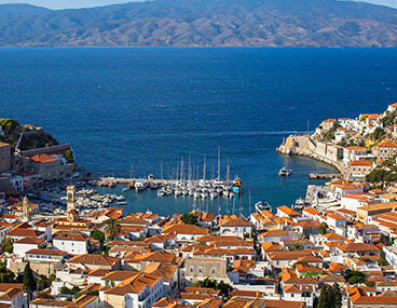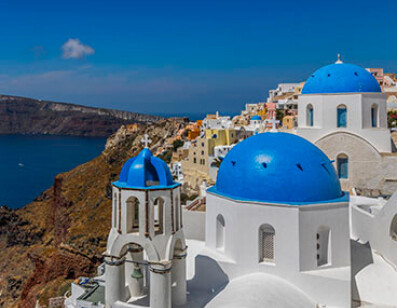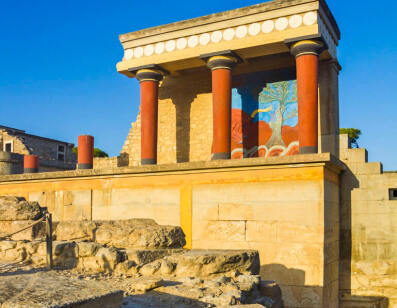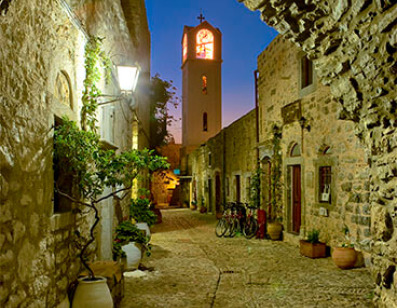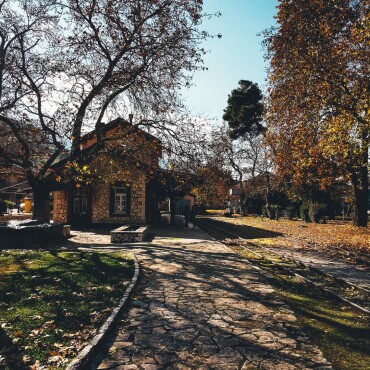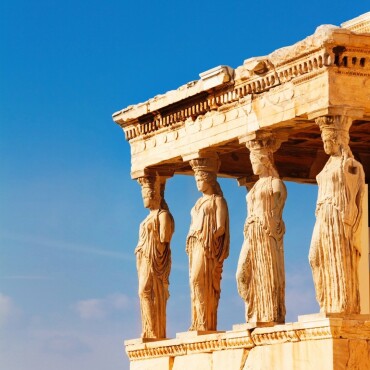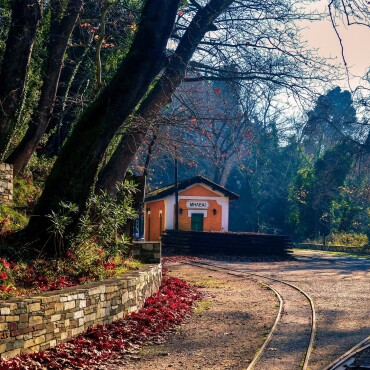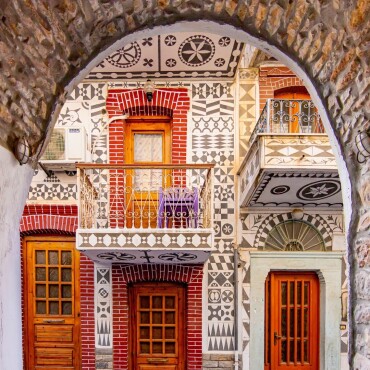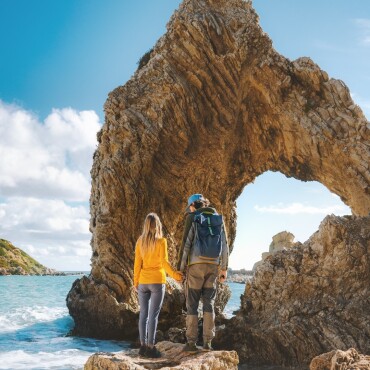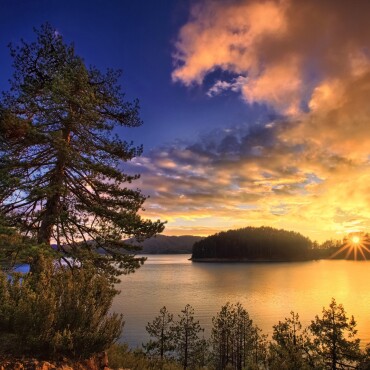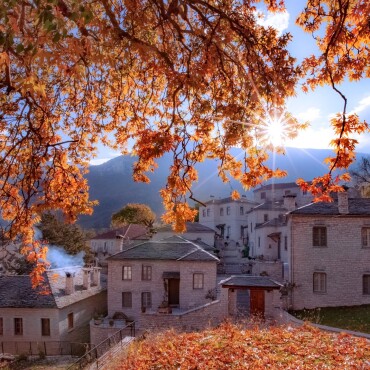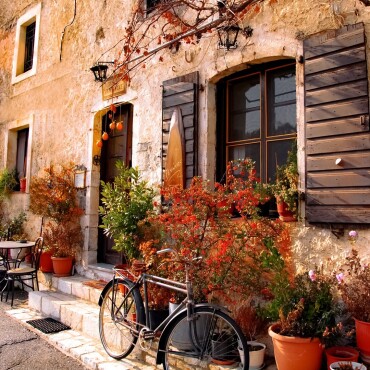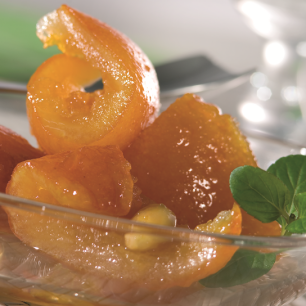
Events
VIEW ALL- Exhibitions
- Festival
- Sports
- Attica
- Central Greece
- Crete
- Cyclades
- Epirus
- Macedonia
- Peloponnese
- Sporades
- Thrace
- Athens
- Galaxidi
- Heraklion
- Ioannina
- Livadeia
- Naoussa
- Patras
- Rethymno
- Santorini
- Skyros
- Soufli
- February
- March
- April
- May
- June
- July
- August
- September
- October
- November

Experiences
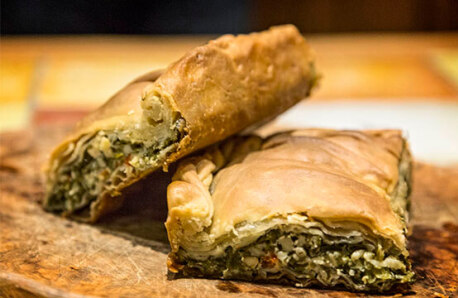


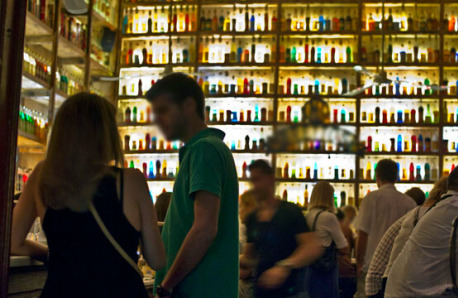
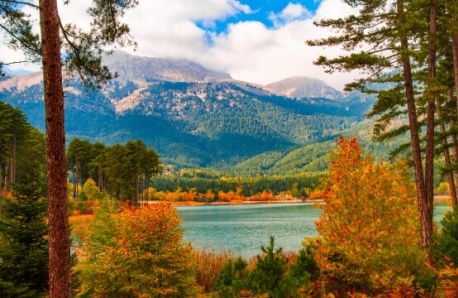
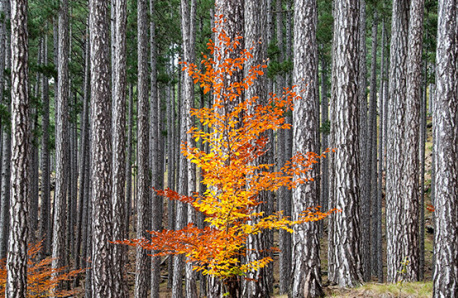
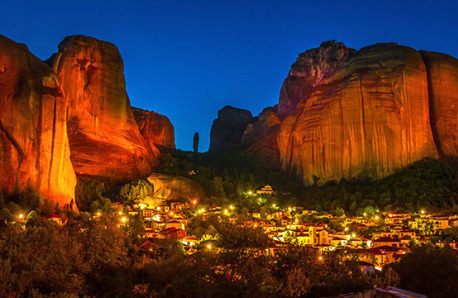
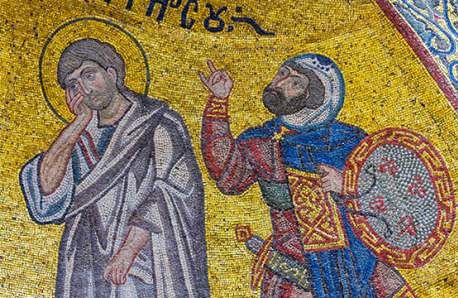
Read our Blog
VIEW ALL BLOGFun Facts
The first philosopher is considered to be Thales of Miletus (c. 624 – 425 B.C.). He is credited as giving the first explanation for the origin of the world that was not mythological.
About 7% of all the marble produced worldwide comes from Greece.
Continuously inhabited for over 7,000 years, Athens is one of the oldest cities in Europe.
Did you know that most days of the year are sunny in Greece? 250, to be exact.
Did you know that Epirus is the most mountainous territory of Greece and the poorest in the EU; however it has a unique natural wealth!
Alexander the Great, one of history’s greatest warriors and leaders of all time, was Greek. Alexander the Great conquered land all the way from Greece to Asia. His achievements and conquests gave rise to the later Hellenistic period (323 BC - 31 BC).
Did you know that Greece is the third largest producer of olive oil in the world? Greeks have cultivated olive trees since antiquity. Some of the olive trees that are still producing olives, date back to the thirteenth century.
On Anafi Island, lies the rock of Kalamos, the second highest monolithic limestone after Gibraltar; a must-see for climbers who will enjoy a great challenge here.
Greece has historically engaged in wine making. Take for example Dionysus, the son of Zeus, the God of the grape-harvest, winemaking and wine. His face is seen today on the sommelier’s pin which is a symbol of respect to wine’s contribution throughout history.
Did you know that in Greece you can enjoy skiing with a sea view?
700 plant species of Greece are endemic, meaning that they may be found only in Greece; approximately 20% of those are aromatic or medicinal plants.
Greece is a leading producer of sea sponges.
Greece has more archaeological museums than any other country in the world; in-fact they are around 196!
Did you know that Greece has the biggest EU consumption of olive oil per capita, with around 12 kg per person per year?
The species and subspecies of the native plants in Greece are about 6,000, almost as much as 50% of the native plants of Europe!
In Greece, people celebrate the “name day” of the saint that bears their name in a similar way to their own birthday.
Feta, which is made from sheep and goat’s milk, is Greece’s national cheese. It dates back to the Homeric ages, and the average per-capita consumption of feta cheese in Greece is the highest in the world!
Τhe concept of democracy developed in Athens around the 6th century BC. The Greek word demokratia (δημοκρατία) meant “the power of the people”.
Olympus (2,917m), the mountain of Gods and Muses is the highest mountain of Greece and the 2nd in the Balkans.
No part of Greece is more than 137km from the sea.
Explore Greece
Central Greece

Dodecanese

Places to Visit
North Aegean





